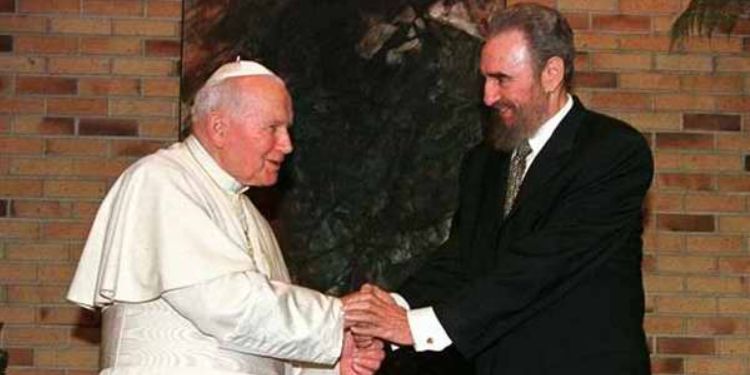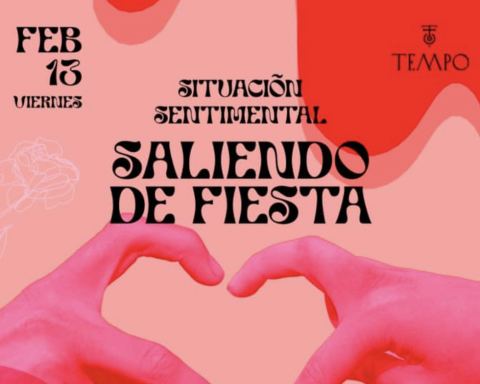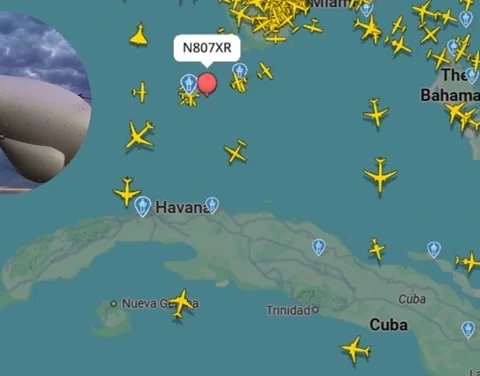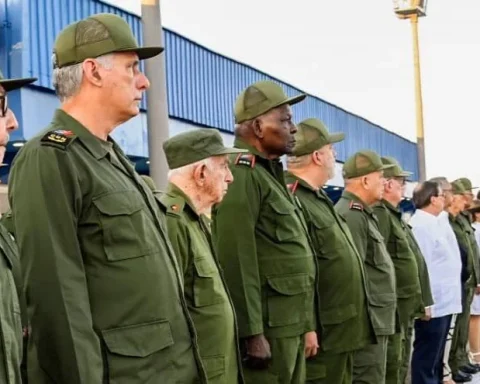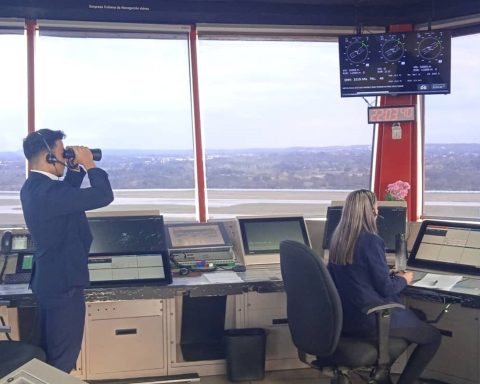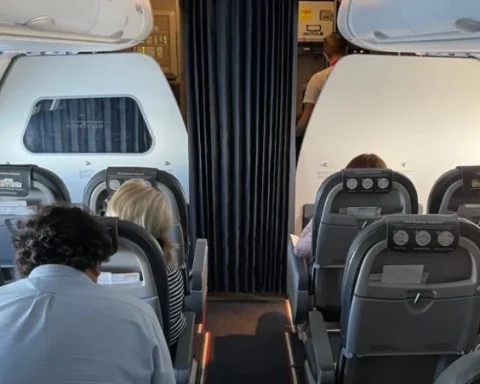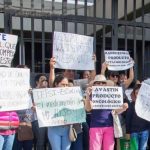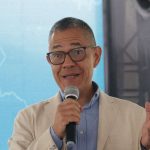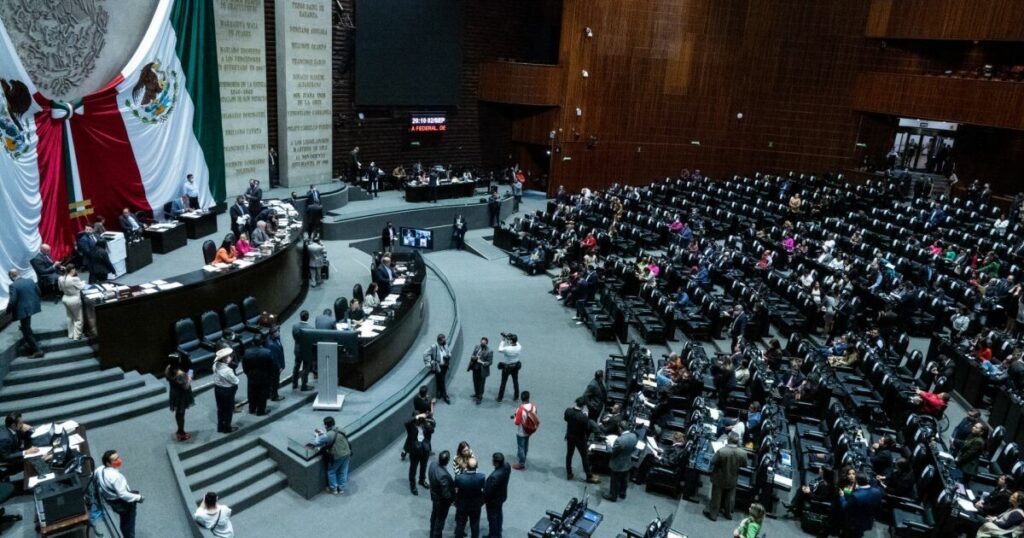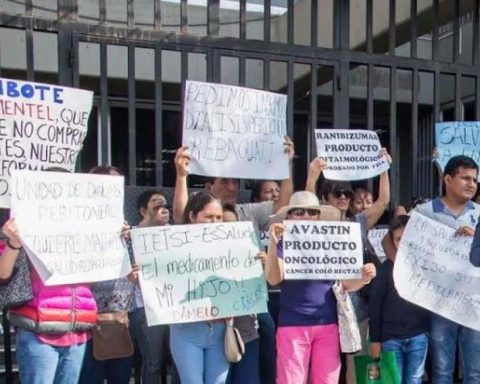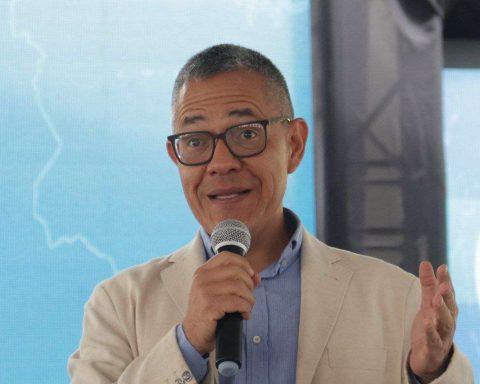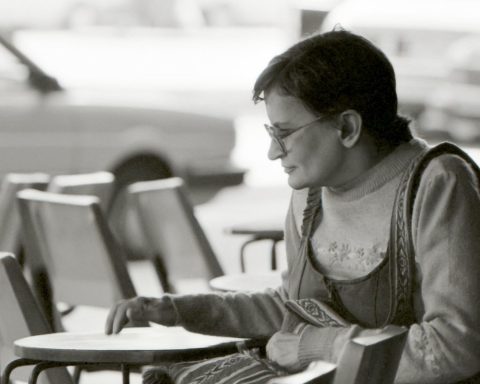MIAMI, United States. – On October 22, 1978, Polish Cardinal Karol Wojtyła began his pontificate in Vatican City, after being elected pope a week earlier. John Paul II is one of the best-known pontiffs in Cuba, for his trip to the island in 1998.
John Paul II was in the largest of the Antilles between January 21 and 25, 1998. In addition to Havana, he visited the cities of Santa Clara, Camagüey and Santiago de Cuba.
In his public interventions, the pope addressed issues such as human rights, the family, childhood, abortion and poverty. His words were heard by tens of thousands of Cubans.
On the Alitalia MD-11 plane, which took him to Cuba, John Paul II had a meeting with the journalists who accompanied him. On human rights he said: “It is clear: human rights are fundamental rights and constitute the basis of all civilizations of a regular civil society. I have maintained this conviction and this commitment in favor of human rights both in Poland and in other countries, against the Soviet Union, the Soviet system and the communist and totalitarian systems”.
When the pope was asked if it was possible to reconcile the revolution of Christ with that of Fidel Castro, he replied: “You have to start with the word ‘revolution’, because you see that it is a very analogical word; It can be Christ’s revolution, but it can be Castro’s revolution, and not only, but also a revolution like Lenin’s. Thus, there are two civilizations: the revolution of Christ means revolution of love; instead, the other is the revolution of hatred, of revenge, of the victims”.
Meanwhile, upon his arrival in Havana on January 21, 1998, he said: “I accompany my best wishes with prayer so that this land can offer everyone an atmosphere of freedom, mutual trust, social justice and lasting peace.” ”.
The next day, in Santa Clara, referring to the crisis of values existing in Cuban society, he declared: “It is necessary to recover religious values in the family and social sphere, promoting the practice of the virtues that formed the origins of the Cuban nation, in the process of building a future ‘with all and for the good of all’, as José Martí requested”.
Then, he stated: “Parents, without expecting others to replace them in what is their responsibility, should be able to choose for their children the pedagogical style, the ethical and civic content and the religious inspiration in which they wish to integrally educate them.”
On January 23, in Camagüey, addressing young people, the pope stated: “The Church has the duty to provide moral, civic and religious formation, which helps young Cubans to grow in human and Christian values, without fear. and with the perseverance of an educational work that needs the time, the means and the institutions that are characteristic of that sowing of virtue and spirituality for the good of the Church and the Nation”.
However, possibly the most critical moment from the political and sentimental point of view of that visit occurred on January 24 in Santiago de Cuba, when the then archbishop Monsignor Peter Meuricetold the crowd gathered in the Plaza Antonio Maceo:
“Your Holiness, this is a noble people and it is also a people that suffers. This is a people that has the wealth of joy and material poverty that saddens and overwhelms it almost to the point of not allowing it to see beyond immediate subsistence. This is a town that has a vocation for universality and is a maker of neighborhood bridges, but it is increasingly blocked by foreign interests and suffers from a culture of selfishness, due to the harsh economic and moral crisis that we are suffering”. (…) “I also present to a growing number of Cubans who have confused the homeland with a party, the nation with the historical process that we have experienced in recent decades and culture with an ideology.”
Before the disgruntled Castro leaders sitting in the front row, Monsignor Meurice also affirmed: “We are a single people, who, striding over all the seas, continue to seek unity, which will never be the result of uniformity, but of a soul common and shared from diversity”.
Until then, the Cuban people had never heard so many truths in a public square, challenging the official discourse.
Receive information from CubaNet on your cell phone through WhatsApp. Send us a message with the word “CUBA” on the phone +525545038831, You can also subscribe to our electronic newsletter by giving click here.
